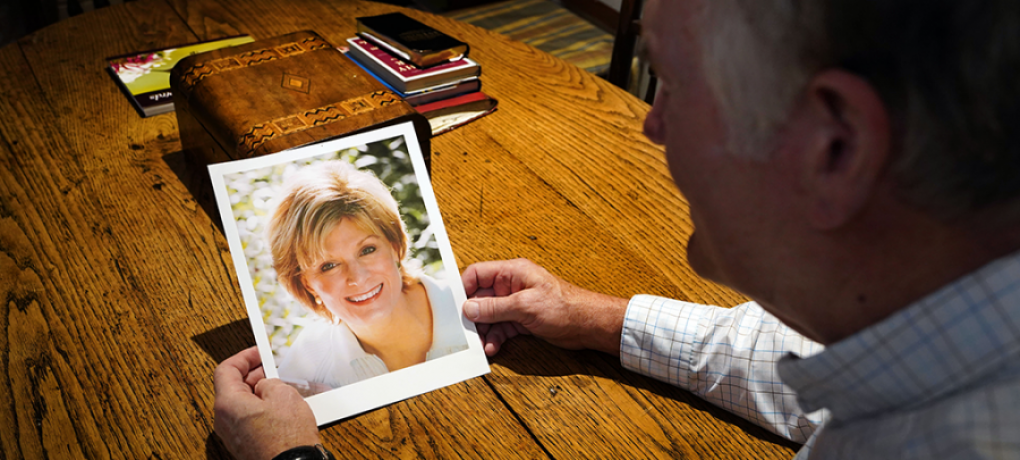Questions besieged Pete Deison for weeks after Harriet’s death, especially questions about where God was when Harriet died. Deison went to the Bible for answers but didn’t find much peace until he read Exodus 4:10-11, where Moses frets over confronting Pharaoh since he wasn’t a good speaker, and God responds: Who makes the mute? Who makes the deaf? Who makes the blind? Is it not I, the Lord? To that verse, Deison added his own question: Who makes the depressed? Is it not I, the Lord? So he wondered, “Can it be true, God? Do you take responsibility for Harriet?”
Deison says he felt God asking him two questions. One: Am I sovereign? To which Deison promptly answered, “Yes.” Two: Am I good? “Now that,” Deison told me as tears filled his eyes, “was harder to answer.” Because if God is sovereign over something as horrible as Harriet’s suicide, how can we still trust that He’s good? Yet Deison found himself responding, “Yes, Lord, you are good.”
Many people have no logical, linear pattern to their grieving process after a suicide—they tumble in and out of various stages of grief, and even the most mature Christians wail bitter, angry tears at God. For these people, the journey of grieving is a long walk with periods of overwhelming pain, followed by decisive steps on learning how to live with it.
Rick and Kay Warren, pastors of Saddleback Church in Lake Forest, Calif., vividly remember the day in 2013 when they stood outside their youngest son Matthew’s house, holding each other and sobbing, dreading what they knew had already happened. Matthew’s door was locked, and he was not answering their knocks and cries even though his car was parked outside. And as they waited for the police, Kay Warren turned to her husband and held up her necklace, which spelled out the words “Choose Joy.”
Choose joy—is that possible in the midst of such excruciating pain? From the day Matthew died to the memorial service, the Warrens swayed through waves of emotions from numbness to shock to hysterical weeping. Kay Warren remembers the anger, disappointment, and hurt she felt against God: “No! I put all my hope in You! And Matthew still died!” She also felt guilt: “I should have seen it coming. Why couldn’t I have stopped this? Maybe if I had been a better Christian, a better parent. …”
Like many families dealing with suicide, the Warrens had been through years of anxiety before Matthew’s death. When Matthew was 7, doctors diagnosed him with clinical depression. At 8, he showed signs of ADHD and panic attacks, and at 11, doctors diagnosed him with early-onset bipolar disorder, then OCD, body dysmorphic disorder, major depressive disorder, and borderline personality disorder. As early as 12 years old, he was voicing thoughts of suicide.
